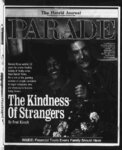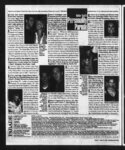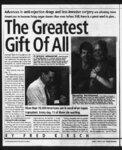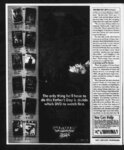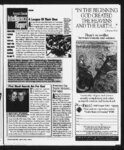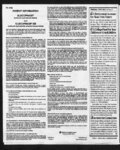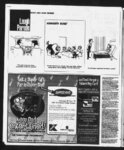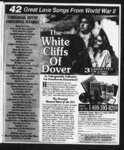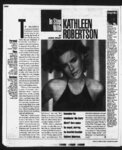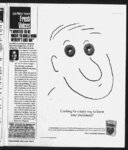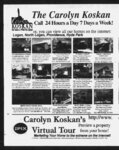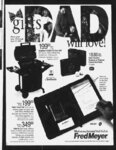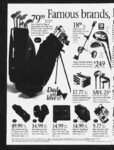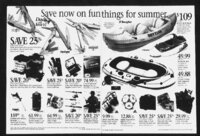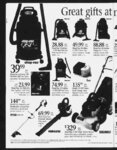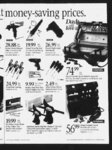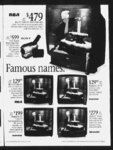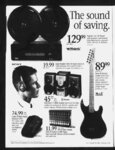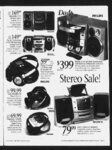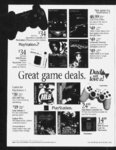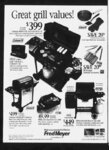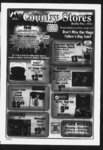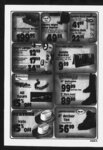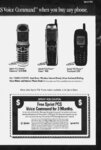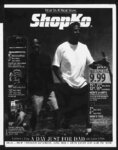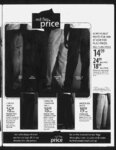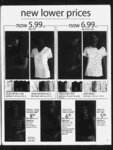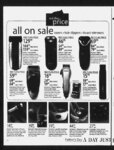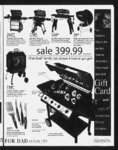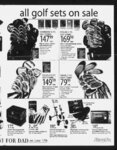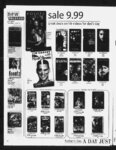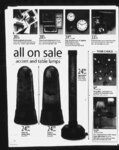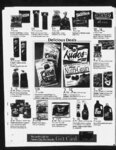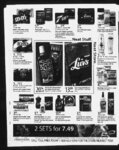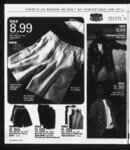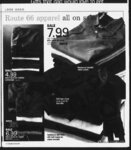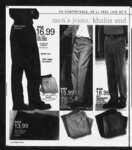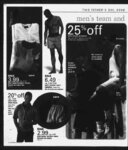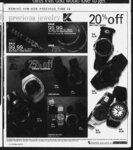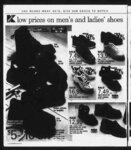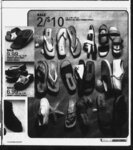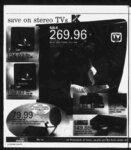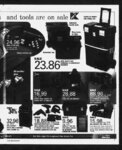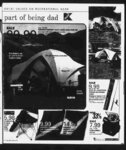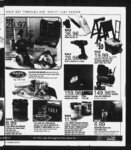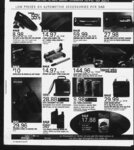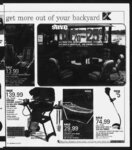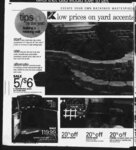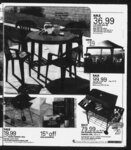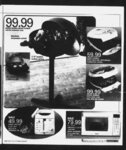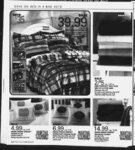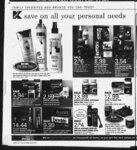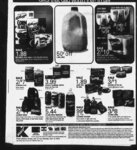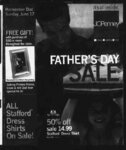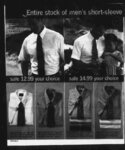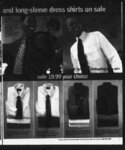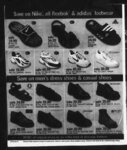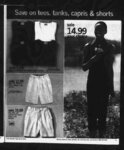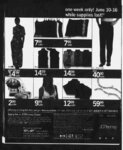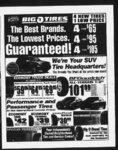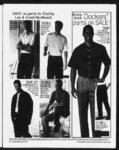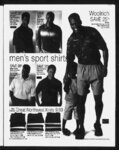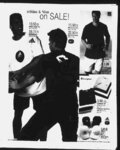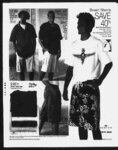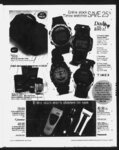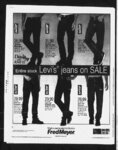| Show Delmonico a Harvard professorof surgery and medical director of die New England Oigan BanL These drags suppress die immune system and prevent die rejection of donated organs They removed the necessity of a genetic match as a condition for donating” adds Dr ‘Dehnoriico “Now an otgan doesn't have to come from a family member” Amoment of unbelievable joy For Harold Mintzthe road to becom- ing a donor began 13 years ago when his ffcher died of cancer uIt was so frustrating watching him die” says Mintz "knowing there was nothing I could do to help him” Not long after Mintz 'signed up to become a bone marrow donor after be saw an elderly couple at a mall holding a sign that said: ”Hdp Us Save Our Daughter’s Life” Mintz eventually was called to be a potential donor but was rejected because he wasn't a match UI felt ripped off” he says Then last year Mintz read a story of how Jane Smith a teacher from Fayetteville NC donated a kidney to a student ”1 said ‘I’m doing it’” he recalls It wasn't that easy Mintz was first to)d tint most centers used organs from cadavers or relatives Then die National Kidney Foundation put him-i- n touch with the WRTC one of the few centers to accept organs from anonymous do- - —Be A Living Donor Organ that safely can be given Ire a living donor Include a ' kidney a partial lung or a partial fiver Here are answers to some common questions about becoming a living donor: who (minuet -- Donors must be at least 18 years old and bi good health WHAT HAPPENS AFTER I Potential donors are medically and psychologically ' screened to make sure they are hesftfay'and free of tfisease WHATIS THZSURGSCAL PROCEDUREP Organs are removed by traditional surgery Kidneys also r may be removed by laparoscopic surgery in which surgical tools' are Inserted through small incisions in' the abdommu r" ‘jV i WHAT IS THE RI$KPX v : All surgery involves riskbut It Is minimal In most cases T donors return to their normal activities In one to three ': weeks Living with only one kidney poses little danger '3 ' ? The costs— which Include all test doctoral bills and " hospital fees— are paid by Medicare or by the recipient’s Insurance Transportation costs and time lost at work usually are not covered HOWDOIREGISTERP Call a transplantation center or a local centals To find one near you or to him more visit the United Network for Organ Sharing at wwwjunouort ‘ expert "But we can save more lives” organ-transpla- nt T A - p lesson in sharin£ iibesifoijiii that omoI bee oighthnMle eaptuPMl the nation’s attanttonTAtteplMmiRS muum auaazMB a kldneyi Smltis 4a enaaed to Senate ana eMwa IWrUM MVNIW9 MOQVM A RvM aim m aeei rasa a i They talk nearly every week and their families often get together for dinner And almost every week Mintz finds himself invited to spread die gospel of organ donatipn to business groups schools and hospital administrators At times he says a person will ask "What if something happened and you needed a kidney?” Mintz tells them "Maybe someone would help” A kidney named "Candy” A diabetic since childhood Carol Keck 35 of Fort Worth Tex had devel- oped kidney problems Last August after four years on dialysis and failed attempts to finda suitable match she turned to the Internet for "Living donors won't solve the entire problem” says one - ins eUlfJ ISgVN I organ-procureme- nt v Ji ' ' 'v MDVNP IMVHMVa Ba help Keck sent an nots And then came “aboutazil-lio- n questions" says Mintz to make sum he unhstiood the risks "One of the biggest concerns to subscribers of the online newsletter in ‘nondiractiue donations’ where "Would anyone bis willing die recipient isn’t specified is assessing the donor's motiva- "My first thought was 'poor girl’” saysWmdy Hicks 46 of Newport News Va recalling the moment she received the "But I didn’t think much about it until I saw the message again ” tion” says DrDelmonico “It’s very important that the donor doed it for the right reasons” dtalyale and needed Belay also is working and getting stronger ' : - A “I was told ‘Everything went great and Harold your kidney is peeing up a storm’ It was a moment of unbelievable joy Two weeks after the surgery Mintz was back at work where he keeps a picture of Belay her husband Tsegaye Wolde and their children on his desk hi February Mintz and Beiay a native Ethiopian met for die first time at a luncheon given by the WRTC "When I found out what she had been through” says Mintz "I knew I couldn’t have given this to a morcdeserving person” (Hoping to raise one's low selfesteem for example is itq reason to become a living donor) Mintz’s surgery was performed at Georgetown University Hospital ind his kidney was then transported to neartiy INOVA Fairfax Hospital in Falls Church Va where Gennet Belay waited This would be her 45tii stagery for medical problems since her kidneys began foiling in 1980 That night my wife and I got a call while 1 was in the hospital”says Mintz ' V :m- ' she had created which offered everything from recipes to jokes "I never wanted to have to do this” her message began lobe tested?” il When Hides read it to her husband Jim he offered to be tested Wendy said she would offer too "I knew this would be more involved than letting someone borrow my pickup” says Wendy "but I real- ly didn’t see it as being anything big” More than 800 people responded offering to be tested “I was stunned” says Keck Wendy Hicks was the 13th person tested HerUood matched three of the six antigens in Keck's After Hicks also passed a series of physical and psy-tinkigi- tests the transplant look (dace continued |














































